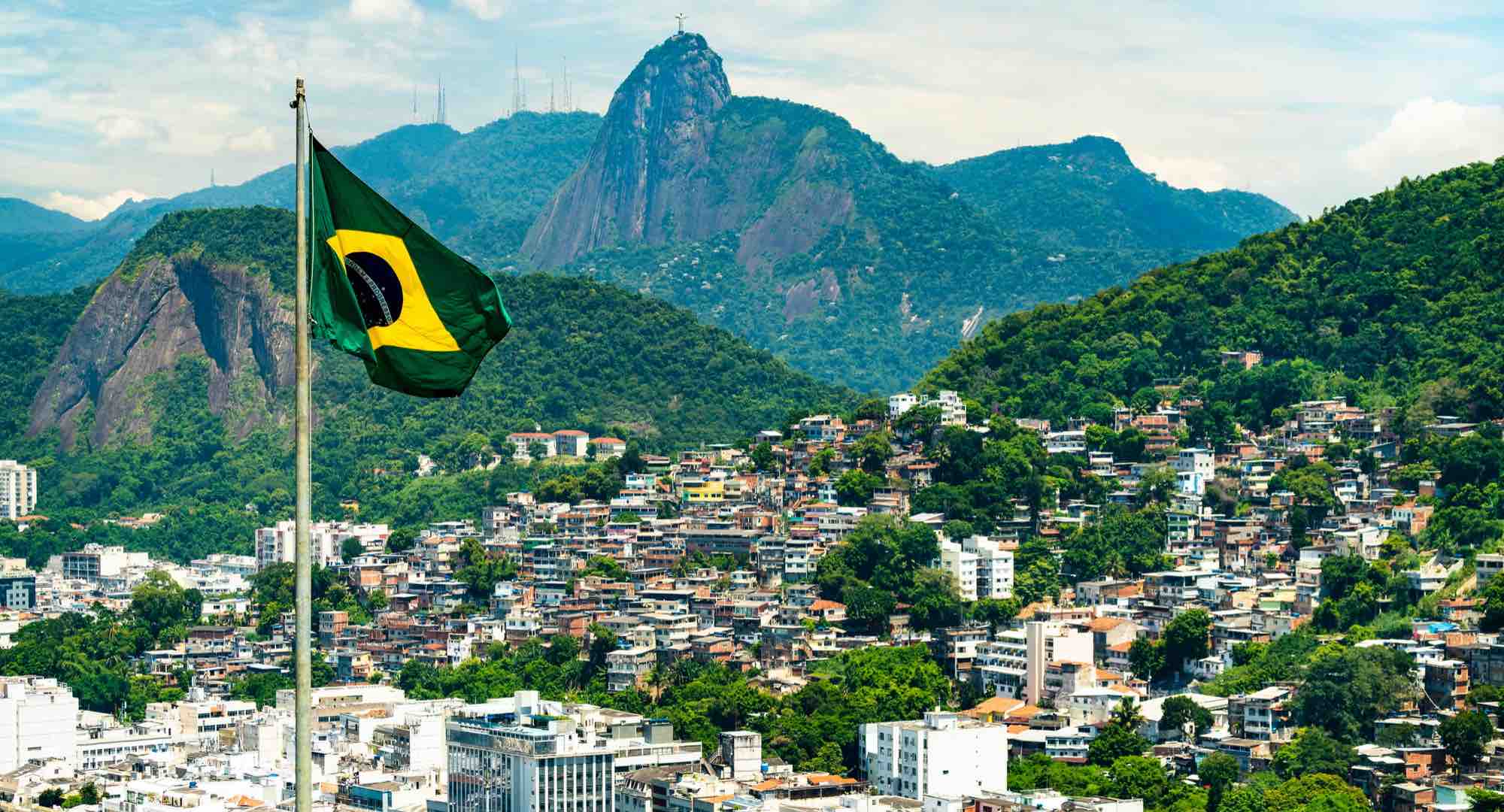Brazil’s “growth acceleration” plan, known as PAC, has been reintroduced, with a projected 1.7 trillion reais ($347.5 billion) in investments. This new initiative is set to leverage an extensive public-private partnership framework. Alongside, the government aims to drive an ecological transition, enhancing the country’s green credentials, as disclosed in an official statement shared with Reuters.
Originating from President Luiz Inacio Lula da Silva’s 2007 tenure, the PAC’s primary goal was boosting investments in various sectors including energy, logistics, urban, and social infrastructure. The plan received further expansion under Lula’s successor, Dilma Rousseff. However, its earlier iterations didn’t yield significant infrastructure advancements, as per Reuters‘ coverage.
The current government envisions a PAC that heavily leans on the synergy between public and private sectors. The forecast suggests an impressive 1.3 trillion reais disbursement by 2026. During the unveiling in Rio de Janeiro, Lula’s Chief of Staff, Rui Costa, asserted that this PAC version would amplify Public-Private Partnerships (PPPs). He also underscored the emphasis on “fiscal and environmental responsibility” while catering to societal necessities. Costa emphasized, “The narrative that social responsibility equates to fiscal irresponsibility needs to be discarded.”
A detailed breakdown reveals the federal government plans to funnel 371 billion reais, a notable 22% of the entire budget. State-backed giants like Petrobras (PETR4.SA) are expected to contribute 343 billion reais. Meanwhile, the private sector’s contribution is estimated at 612 billion reais. The government, however, remains tight-lipped about the plan’s fiscal implications and the precise execution timeline.
While the plan encompasses multiple projects in the oil and gas sector, including Petrobras-led ventures and investments in pre-salt offshore oilfields, the green initiative remains in the spotlight. This commitment to the environment is manifest in the announced “ecological transition plan”, as Reuters highlighted. Supporting this, Finance Minister Fernando Haddad elaborated on establishing a structured carbon-credit market, the issuance of sustainable sovereign bonds, and revamping a climate fund to reduce emissions.

